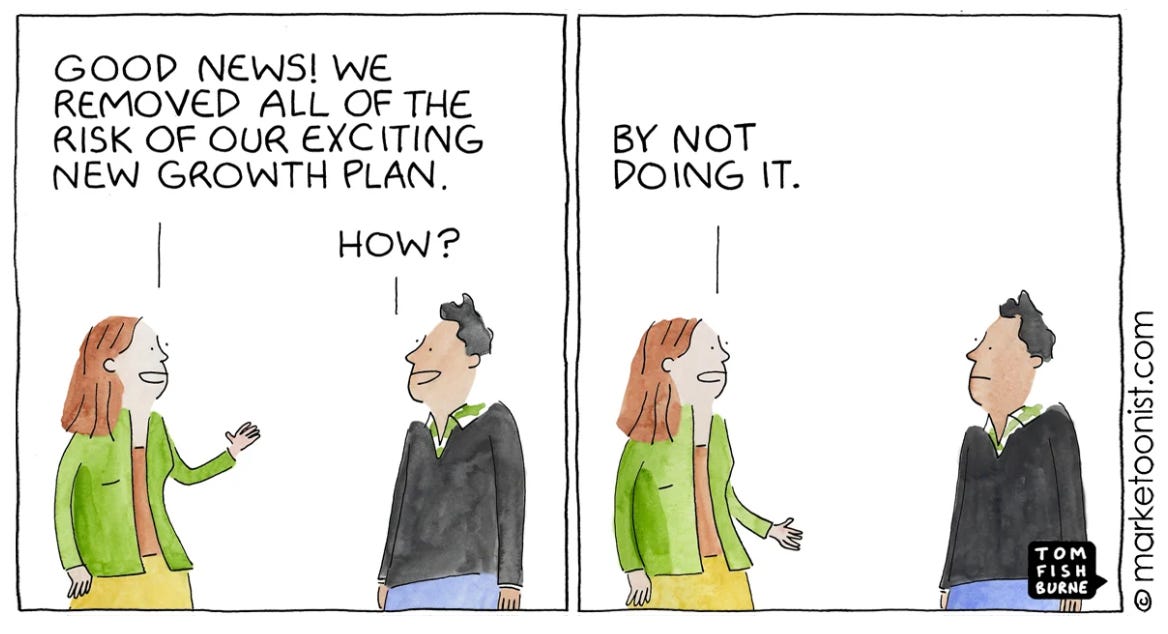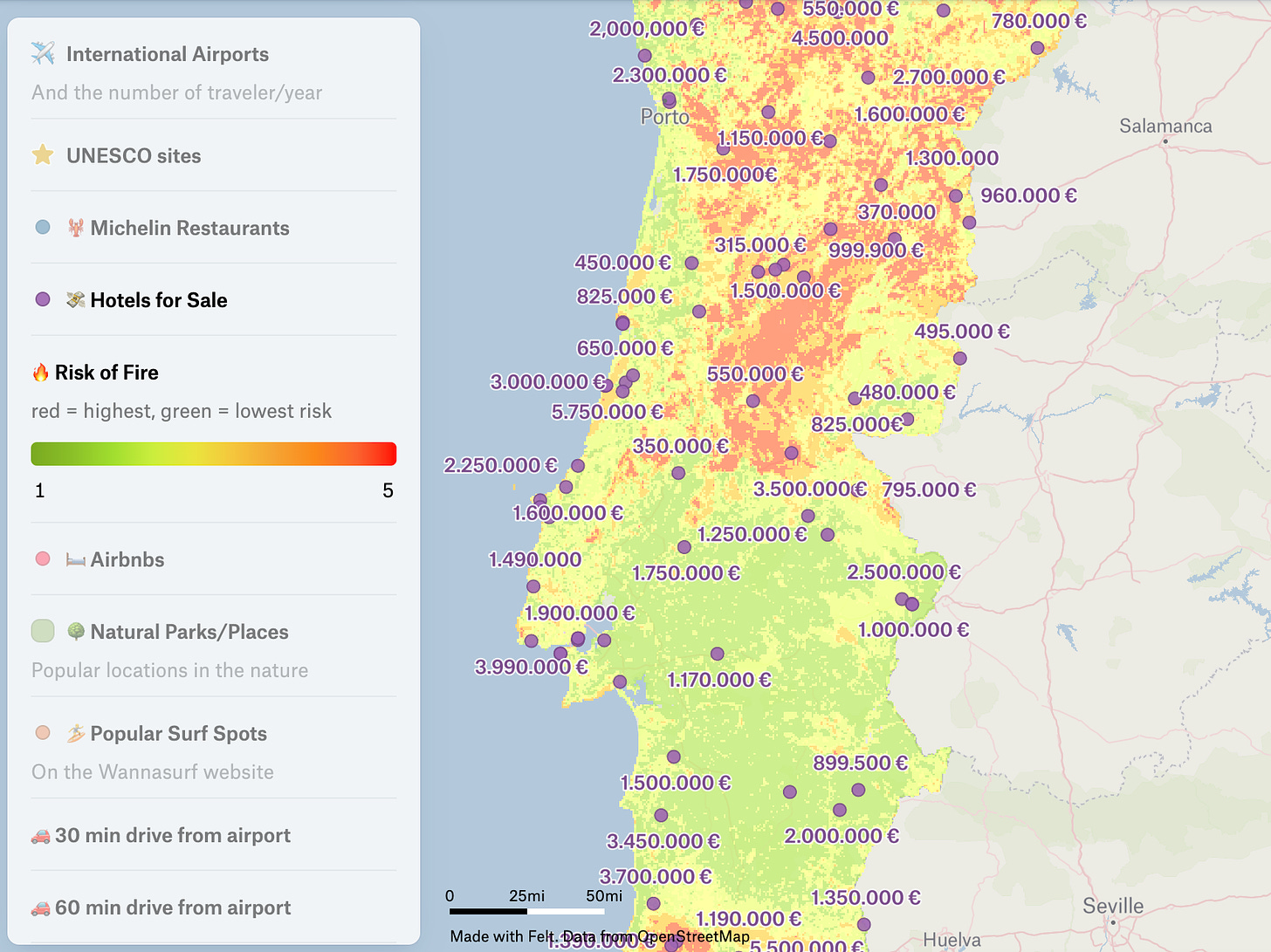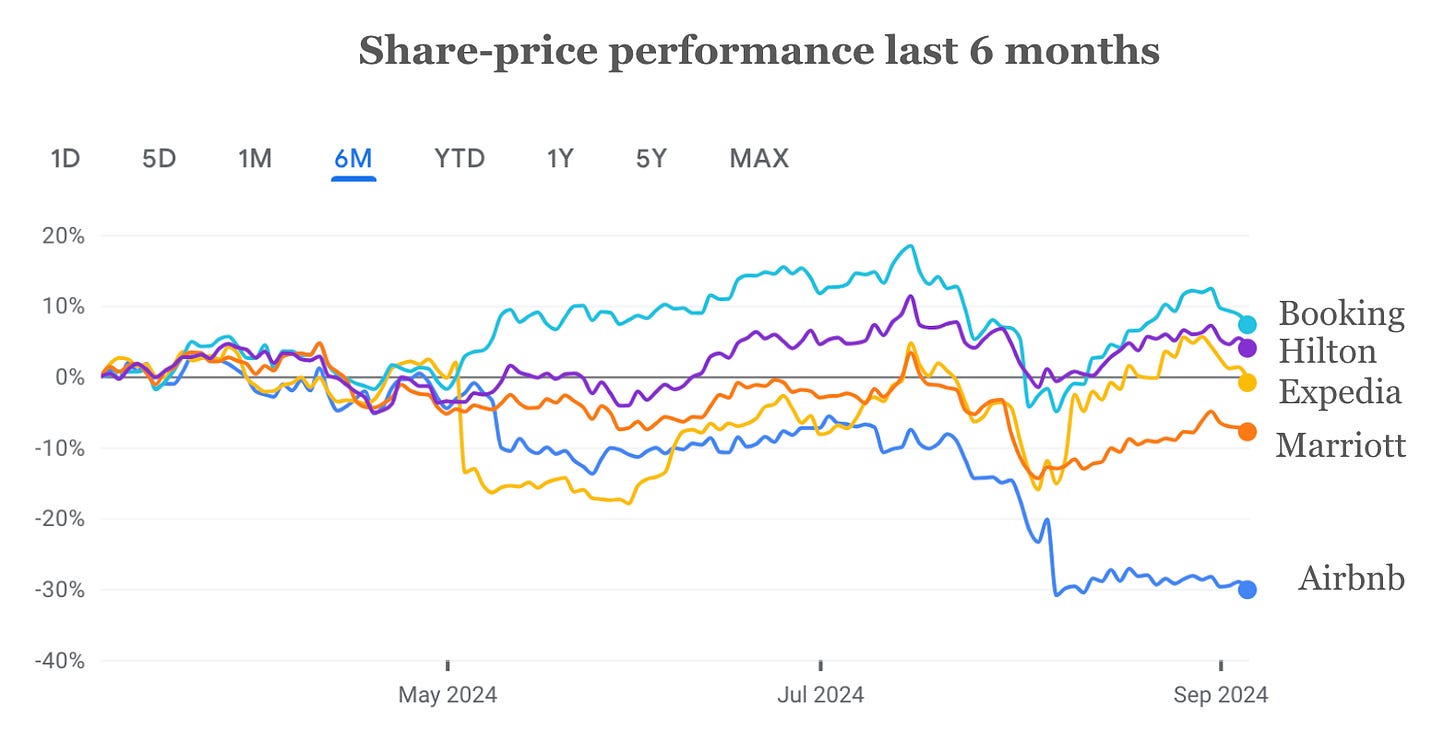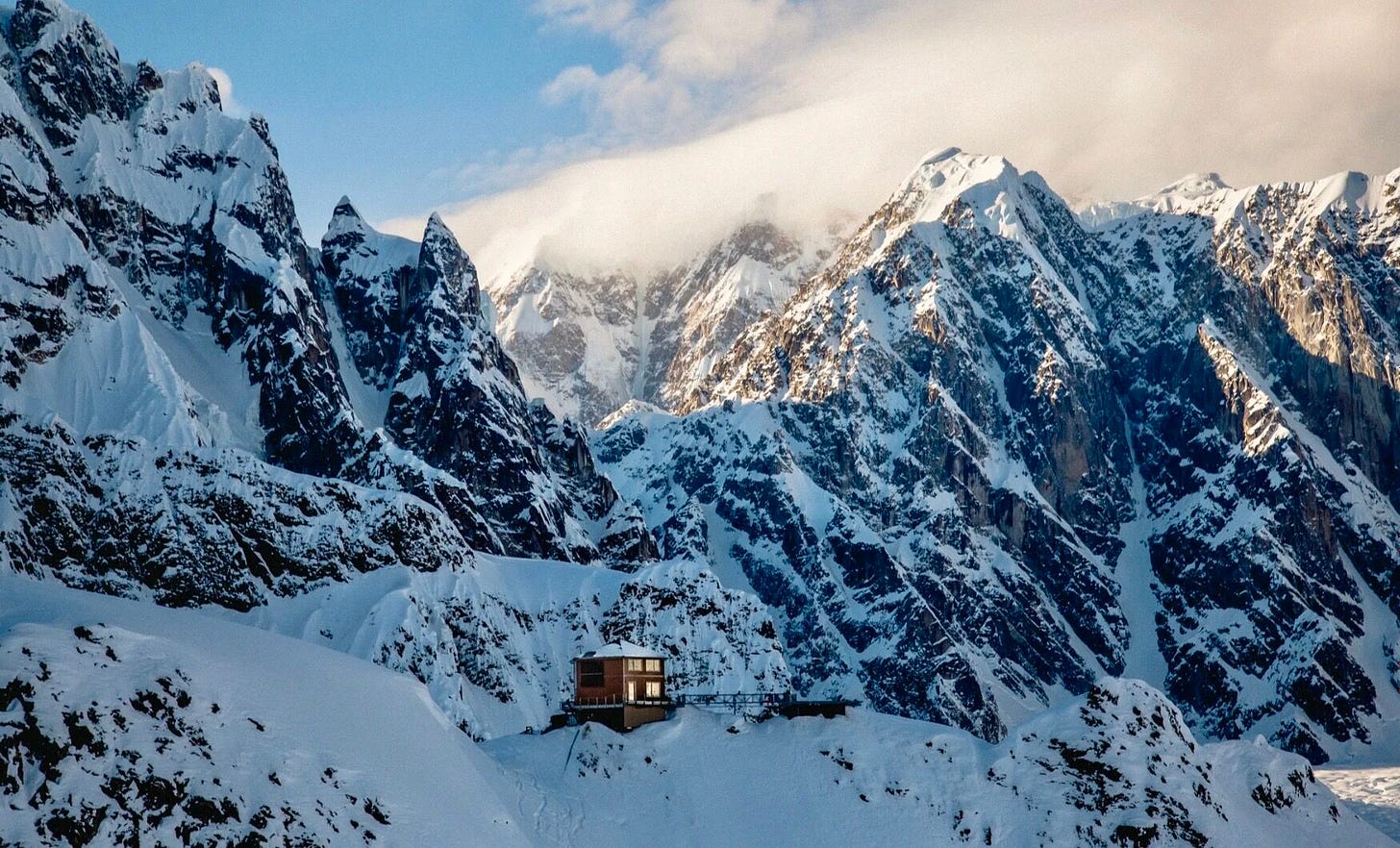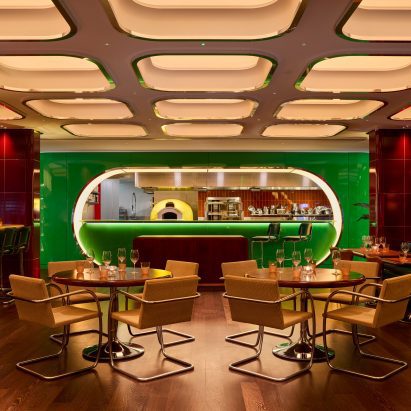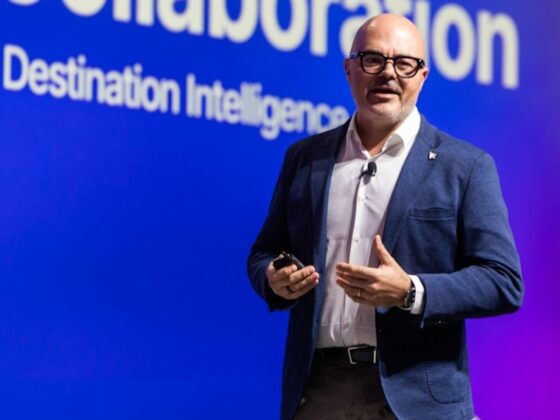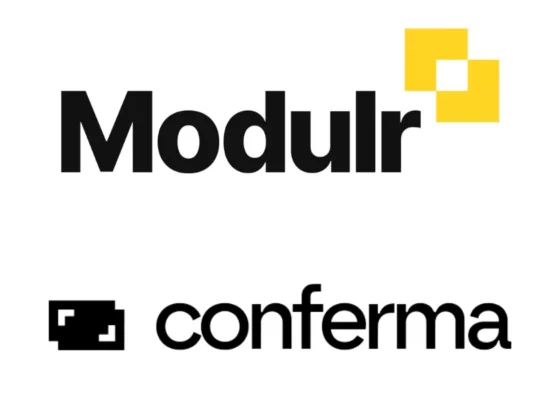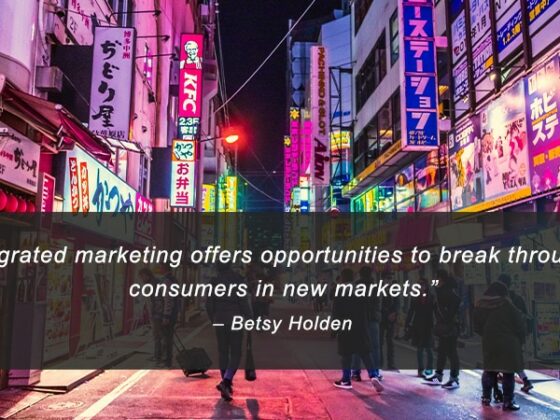If failure is not an option, neither is success – Seth Godin
Thanks to OAG for sponsoring this newsletter
How are advances in technology and new data shaping travelers’ journeys? In this new report, The Future of the Airline Passenger Experience, we reveal what passengers want from their travel experience now and in the future and explore how airlines can use data and new technology to meet those expectations.
0. The most clicked link in the previous newsletter
The most clicked link in Travel Tech Essentialist #153 was the demo of KITT, the first AI voice guest service agent for hotels.
1. The rarefied air of Founder Mode
You might have come across Paul Graham’s recent essay, Founder Mode. It struck a chord and was widely shared because it captured what many founders (and managers) already knew.
Here is Brian Chesky explaining three key reasons why founders differ from professional managers:
-
They are the “biological” parent of the company.
-
They have the credibility and permission to make changes.
-
They built the company, so they know how to rebuild it.
I’ve seen exceptional founders make magic happen, but I think the Founder Mode that Graham describes is reserved for a select and rare breed of founders.
The Founder Mode essay is succinctly summarized on this 1-pager:
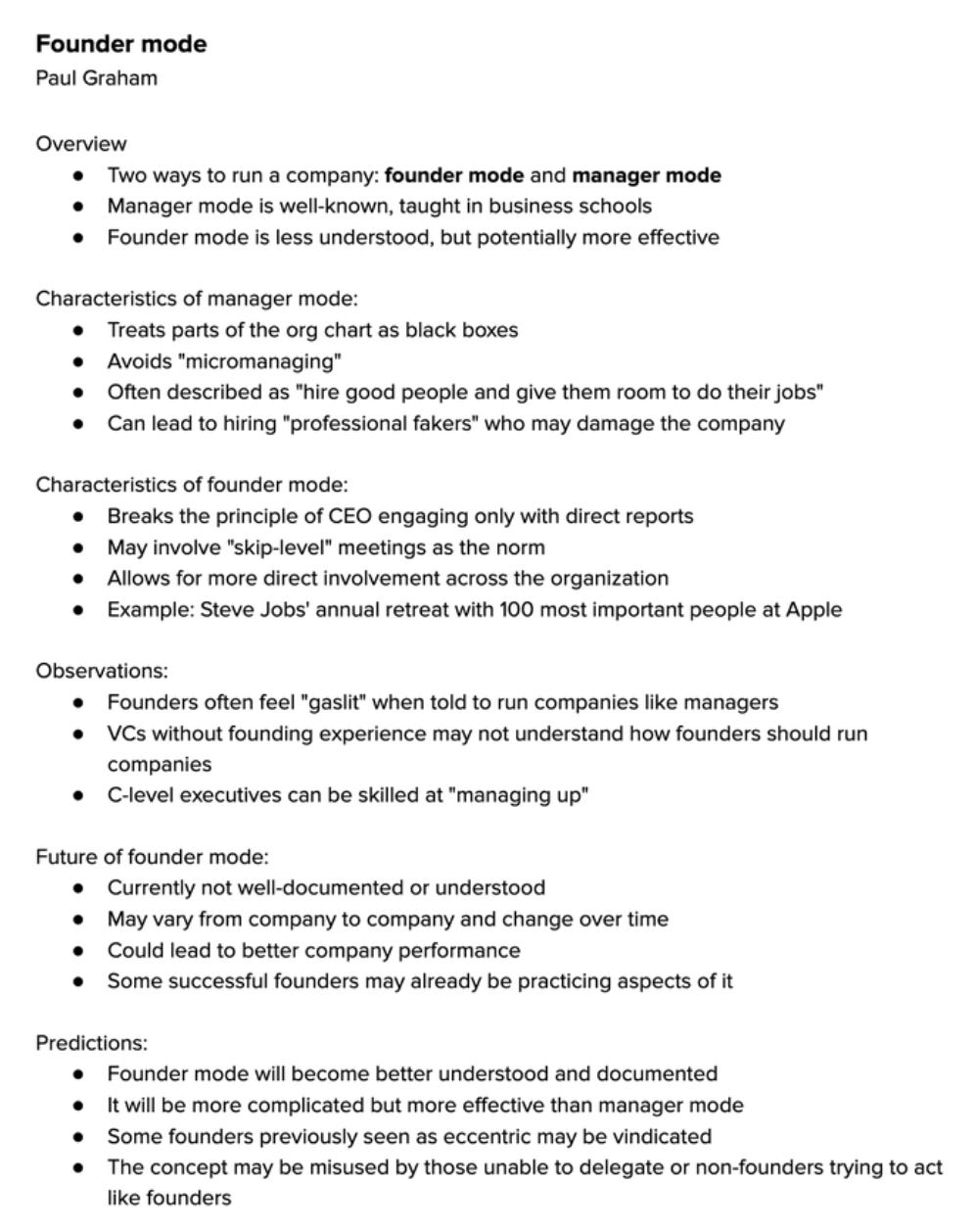
2. Playing it safe is risky
In a similar vein, Jason Fried (founder of 37signals) says that a founder’s role is to inject risk into the business. They introduce bold ideas, take on challenges others wouldn’t attempt, and make bets that only the person who started the company would be willing to make.
In other words, not this:
3. And then there were two
Last week, Ryanair announced its latest “Approved OTA” partnership with Trip.com.
In a previous newsletter, I highlighted Ryanair’s complex relationship with OTAs, noting:
Ryanair has had a long and troubled history with OTAs, accusing them of “piracy” for selling Ryanair tickets and scraping website content without agreements. Despite the official narrative that OTAs stopped selling Ryanair tickets in late 2023 and early 2024 due to a court ruling, the true explanation is likely different: Ryanair figured out a robust technical solution to block OTAs from scraping and selling their tickets. The trade media often highlights court rulings and legal battles, but the real contest has been between OTA and Ryanair engineering teams. Until this year, OTA engineers had the upper hand.
This technical pivot has led most major OTAs to concede to Ryanair’s terms to regain access to its inventory (representing about 15% of airline seats in Europe). The result has been a series of strategic partnerships between Ryanair and key European OTAs throughout 2024:
-
January: LoveHolidays; Kiwi.com
-
February: OnTheBeach
-
April: eSky (eSky.eu, eSky.com, eDestinos.com)
-
July: Lastminute.com Group (Lastminute.com, Bravofly, Rumbo, Volagratis, weg.de); Etraveli Group (Mytrip, Gotogate, Flightnetwork)
-
August: Trip.com
Two major European OTAs remain absent from Ryanair’s partnership list: eDreams and Booking.com.
4. City whispers
As people become more mobile, finding a city that aligns with their personality and ambitions is critical. In his 2008 post, Cities and Ambition, Paul Graham explains how different cities send subtle messages that shape our behaviors and daily experiences. These messages can vary greatly from one city to another. Here’s a quick summary of what some cities communicate, according to Graham:
-
New York: “You should make more money.”
-
Boston/Cambridge: “You should be smarter.”
-
London: “You should be more aristocratic”
-
Silicon Valley: “You should be more powerful (as in the impact on the world)”
-
Berkeley: “You should live better.”
-
Los Angeles: “You should be famous.”
-
Washington, DC: “You should be an insider.”
-
San Francisco: “You should live better” (potentially changing).
-
Paris: “Do things with style.”
Having lived in three of the cities above, I can say those whispers do ring true.
Here are other cities that I have lived in for a significant time, and my best guess of what they communicate:
-
Monterrey (Mexico): “You should be industrious.”
-
Mexico City: “You should be influential.”
-
Miami: “You should be glamorous.”
-
Barcelona: “You should be creative.”
-
New Orleans: “You should celebrate individuality.”
If you’re considering a move, think about the kind of ambition you want to cultivate and how the city you go to could fuel that growth or lead you in a different direction.
5. Traveler onboarding
In a previous newsletter, I wrote about the Peak-End rule, which suggests that people tend to judge an overall experience based on its emotional peak (the most positive or negative point) and how it ends. I’d add that the first impression also has an outsized influence on your overall satisfaction.
Singapore’s former leader, Lee Kuan Yew, was obsessed with the first hour visitors spent in Singapore, focusing on their experience from the moment they arrived at the airport and entered the city. He understood that this initial impression is like “user onboarding” for talented immigrants and tourists. According to George Mack (his paper is shared further below), the goal was to ‘wow’ new visitors “by creating an onboarding experience so magical they question why they aren’t living there”.
A strong first and last impression—starting and ending at the airport—can make all the difference. Dubai follows a similar strategy, and if more city or country leaders thought like CEOs or entrepreneurs, we’d see many more airports and cities adopting this approach.
This principle is widely applied in hospitality: complimentary margaritas at check-in, a fruit plate and a welcome letter from the hotel manager as you enter your room, or the entire resort staff waving goodbye as you depart. These thoughtful touches leave a lasting impact.
The same idea applies to UX and UI design in apps and websites. Just as a memorable first interaction can captivate users, thoughtful ‘wow’ moments throughout the experience boost retention and overall satisfaction.
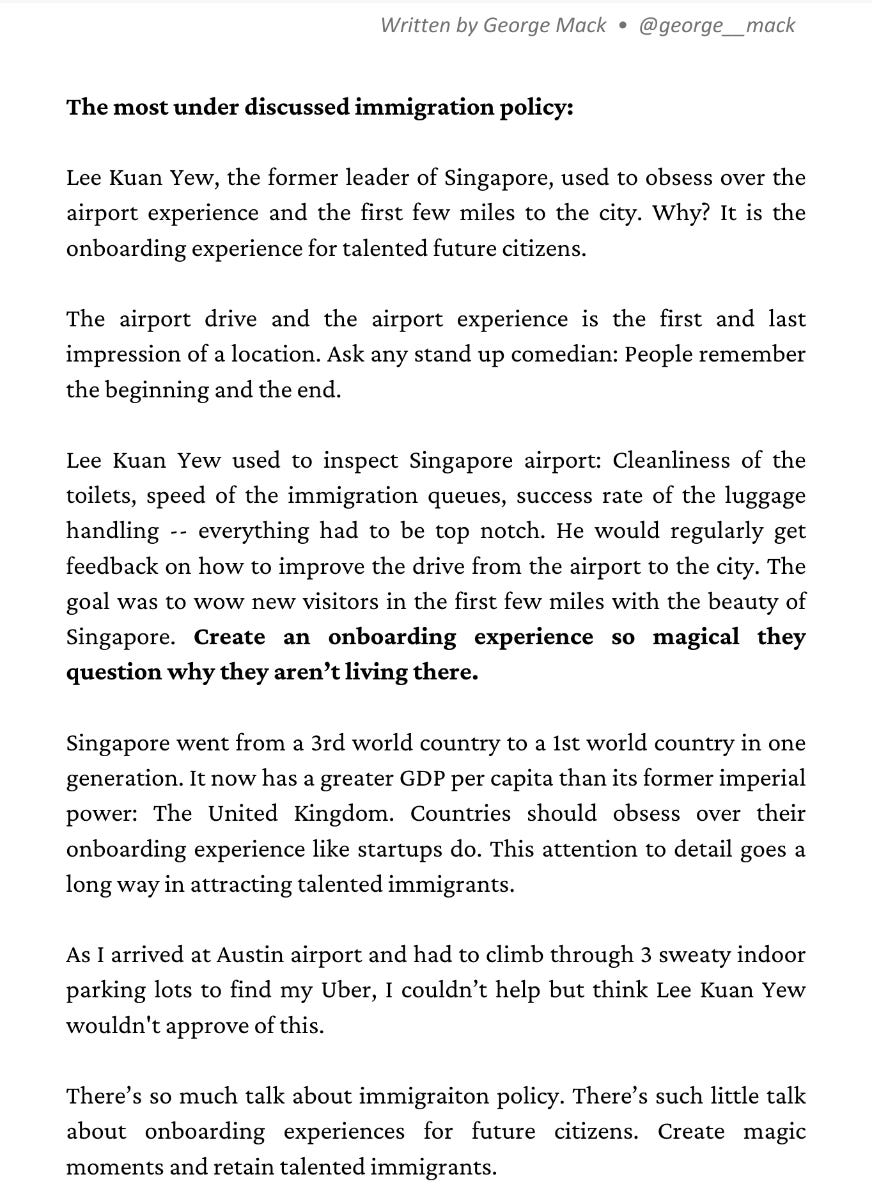
6. Hotel investment map
Buy That Hotel is an interesting experimental project by Peter Fabor that’s worth a look whether you’re in the market for a hotel or just curious. Peter has been tracking small hotels for sale in Portugal and Costa Rica, and he’s now incorporated some smart AI features.
His interactive map goes beyond just locations and prices. For example, AI scans public reviews to flag potential issues, like WiFi problems (fixable) or more serious concerns like water outages. There’s also a data layer that shows wildfire risk zones in Portugal. It’s a clever mix of technology and practical insights.
7.Airbnb’s share-price performance
Airbnb has seen a 30% drop in market value over the last six months, making it one of the worst performers among large-cap internet stocks. Despite this downturn, this WSJ article argues that Airbnb could emerge as a strong performer in the long run. Wall Street expects Airbnb’s gross bookings to grow nearly 11% this year, outpacing the 4%-6% range projected for Expedia and Booking.com, with double-digit revenue growth expected over the next four years. Brian Chesky is optimistic, pointing to Airbnb’s potential to capture more of the hotel market (nine people book a hotel room for every person who books an Airbnb) and hinting at new host services and guest-focused features in an upcoming winter release.
8. Travel SEO guide
Many travelers may get inspiration from social media, but when it’s time to book, most still rely on Google. In fact, the travel industry ranks 5th in organic visibility. This guide, published by Ahrefs, features insights from seven experienced travel SEO experts, including Brennen Bliss, founder of Propellic. It addresses the unique challenges of travel SEO and provides practical strategies and examples to help improve your SEO performance and drive more bookings.
9. The rise of the $1000-a-night hotel room
The number of U.S. hotels with an average daily rate of $1000+ reached 80 in the first half of this year, up from just 22 in 2019. In Europe, it tripled to 183. Luxury hotels are now offering standard rooms at four-figure prices even outside peak events. Inflation impacts most travelers, but wealthier ones are keeping these hotels at high occupancy rates. Read + WSJ
10. Location, Location, Location…in the middle of nowhere
If you think $1000 per night is steep, wait until you hear about Sheldon Chalet in Denali National Park, Alaska. It offers what might be the world’s most remote and luxurious hospitality experience. Located 5,800 feet up on a glacier and accessible only by a 45-minute helicopter ride, the 5-bedroom chalet gives guests a once-in-a-lifetime experience of adventure and high-end hospitality. Built by the family of bush pilot Don Sheldon, who claimed the land in the 1950s, the chalet accommodates just 10 guests at a time. Visitors enjoy gourmet meals, heli-skiing, glacier-trekking, and more. It’s priced at around $3,200 per night and apparently booked up year-round. As for reservations, Sheldon Chalet’s website doesn’t have a booking engine—that would be far too ordinary for a place like this. I discovered this place on Isaac French’s LinkedIn.
Are you fundraising?
If you are a startup looking to raise a round (from pre-seed to Series D), I can help (for free). Travel Investor Network is a private platform where I recommend innovative travel startups to investors and innovators. If you’re interested, please start by completing this form.
Travel Tech Essentialist Job Board
-
Kantox | Account Executive – Travel Industry | Barcelona
-
Dharma | Experience Designer | Remote
-
Modern Adventure | Marketing Manager| Portland Oregon (Remote)
-
Airhelp | Public Relations Manager | Barcelona; Berlin; Gdansk; Krakow
The Travel Tech Essentialist Job Board has great companies hiring for 1198 jobs.
If you like Travel Tech Essentialist, please consider sharing it with your friends or colleagues. If you’re not yet subscribed, you can do so here:
And, as always, thanks for trusting me with your inbox.
Mauricio Prieto




